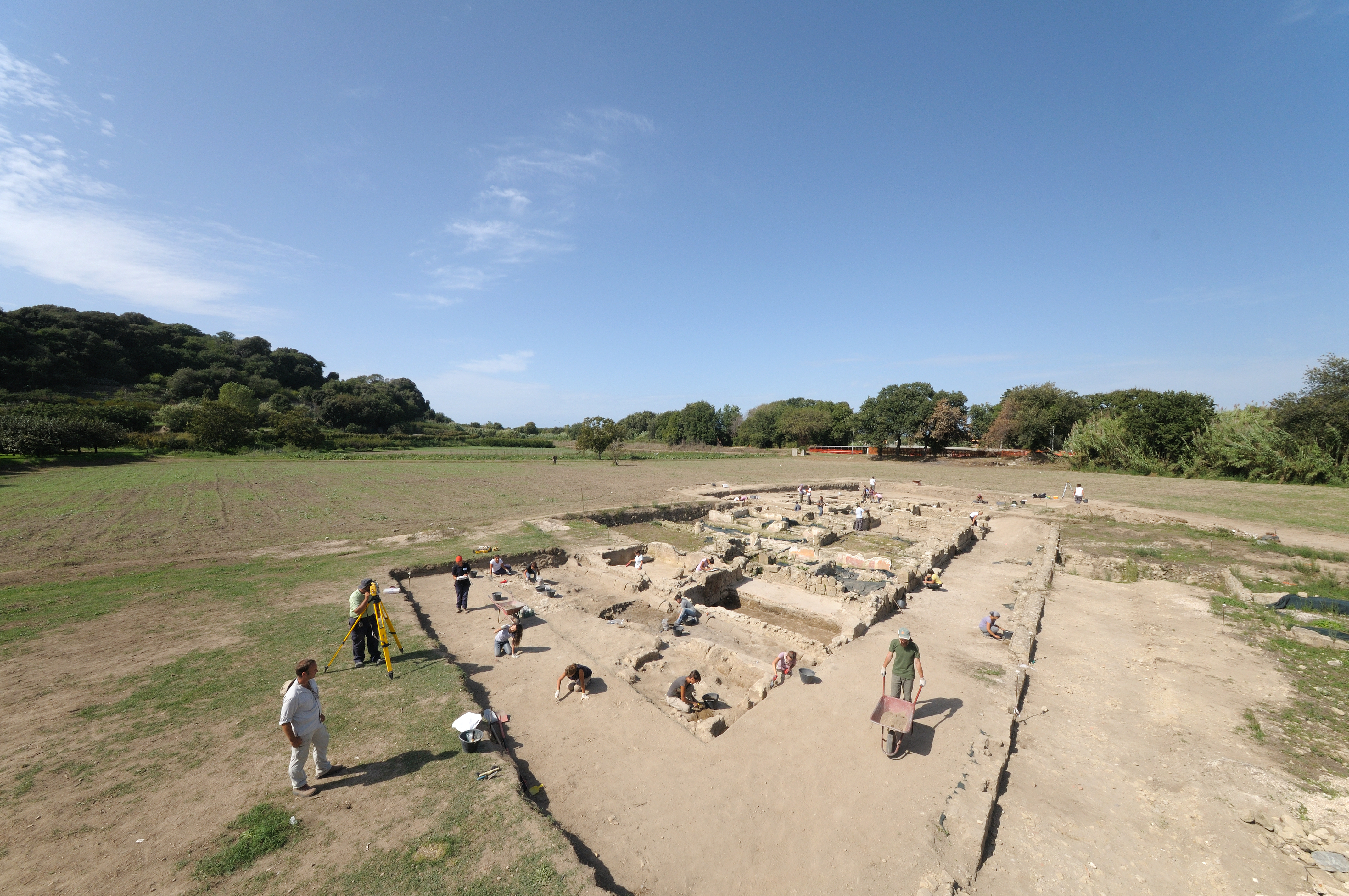Organization
Director
Members
Manuel Castelluccia
Gilda Ferrandino
Laura Ficuciello
Patrizio Fileri
Simonetta Graziani
Valentina Laviola
Amneris Roselli
Manuel Castelluccia
Gilda Ferrandino
Laura Ficuciello
Patrizio Fileri
Simonetta Graziani
Valentina Laviola
Amneris Roselli
As part of the "Department of Excellence" Project (2018–2022 and 2023–2027) of the Department of Asia, Africa, and the Mediterranean, the Center for Studies named Interactions and Exchanges in the Ancient and Medieval World (CEISMA) has been established, based at the Department of Asia, Africa, and the Mediterranean of the University of Naples "L’Orientale."
CEISMA coordinates research activities on the societies and cultures of Asia, Africa, and the Mediterranean in the ancient, late antique, and medieval worlds, with a particular focus on the economic and cultural interactions and exchanges that characterize them. It fosters collaboration among the main research macro-areas within the Department: archaeology and art history, history and epigraphy, literature and philology, and linguistics.
The primary objective of CEISMA is to design and implement scientific, educational, and knowledge dissemination initiatives within the framework of the "Department of Excellence Project." In this context, the Center has the following responsibilities:
The Center includes professors and researchers from the Department, research fellows, and scholarship holders. Scholars whose research aligns with the Center’s objectives may join upon submitting an application to the Director.

Magic, the art of determining the course of events by controlling nature through the use of invisible forces, rooted in beliefs and expressed through practices, is a recurring element in the cultures of all eras. We can certainly affirm that magic is one of the defining traits of Homo sapiens, although behaviors to which symbolic values can be attributed have recently been identified in Neanderthals as well. Magic, therefore, seems to have emerged during the evolutionary processes alongside our species.
The study of magic, given its chronological and geocultural transversality, naturally—or we could even say necessarily—implies an anthropological and comparative approach. In light of these considerations, and with the conviction that this is a topic to which an institution like “L’Orientale” and, in particular, a department such as ours can make a significant contribution, we have decided to organize a conference on magic for the 3rd and 4th of March 2025.
Our working group was formed within the Center for Studies on Interactions and Exchanges in the Ancient and Medieval World (CEISMA), but it also arose from informal discussions among some of us. For this reason, as you will notice from the signatures below, it has included colleagues from the Department who are not part of CEISMA from the outset. The group remains open to anyone who wishes to contribute ideas and suggestions in preparation for the March conference.
Certainly, the topic presents various facets. For instance, we consider the beliefs underlying magic, its materiality, textuality, orality, and the performative practices associated with it, not to mention the modalities of transmission and control of magical knowledge, as well as the social and political uses of magic and its relationship with religion and science. It is thus already conceivable that two days will not suffice to fully explore the topic, and we do not rule out the possibility that, following this initial overview, further initiatives focused on specific aspects may follow.
With this first circular, we would like to invite you to consider your possible involvement in the working group and/or your contribution to the conference.
Please let us know by emailing us at ceisma@unior.it by October 15.
Last edited date: 18/01/2025